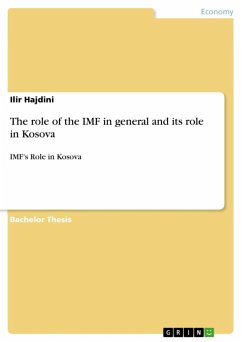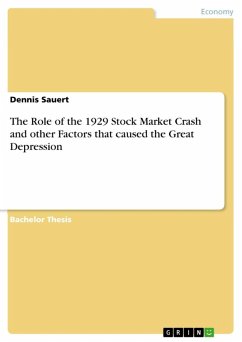Seminar paper from the year 2005 in the subject Economics - Other, grade: 1,3, Otto Beisheim School of Management Vallendar, language: English, abstract: More than 5 years have passed since March 2000 when the Lisbon European Council defined its strategic goal for the future decade, namely to"become the most competitive and dynamic knowledge-based society in the world, capable of sustainable economic growth with more and better jobs and greater cohesion."And while this was planned to be achieved through a set of policy instruments, a significant improvement and increased investment into educational systems formed a cornerstone of the "Lisbon strategy". It is widely acknowledged in theory and empirically proven that investment in human capital promotes economic growth and creates social returns for society as well as private returns to individuals. In order to realise these returns it is necessary, however, to devote significantly more resources to education and training. So how does the European education system compare to others in the world, which path should it take and how can future success be ensured? How can economic theory justify the investment in human capital? What can the European Union learn from the United States when reforming higher education? Although the paper will not be able to provide definite answers to these questions, it will undertake an attempt towards pointing out the deficiencies of higher education in Europe and what policy instruments could help overcome these.
Dieser Download kann aus rechtlichen Gründen nur mit Rechnungsadresse in A, B, BG, CY, CZ, D, DK, EW, E, FIN, F, GR, HR, H, IRL, I, LT, L, LR, M, NL, PL, P, R, S, SLO, SK ausgeliefert werden.









